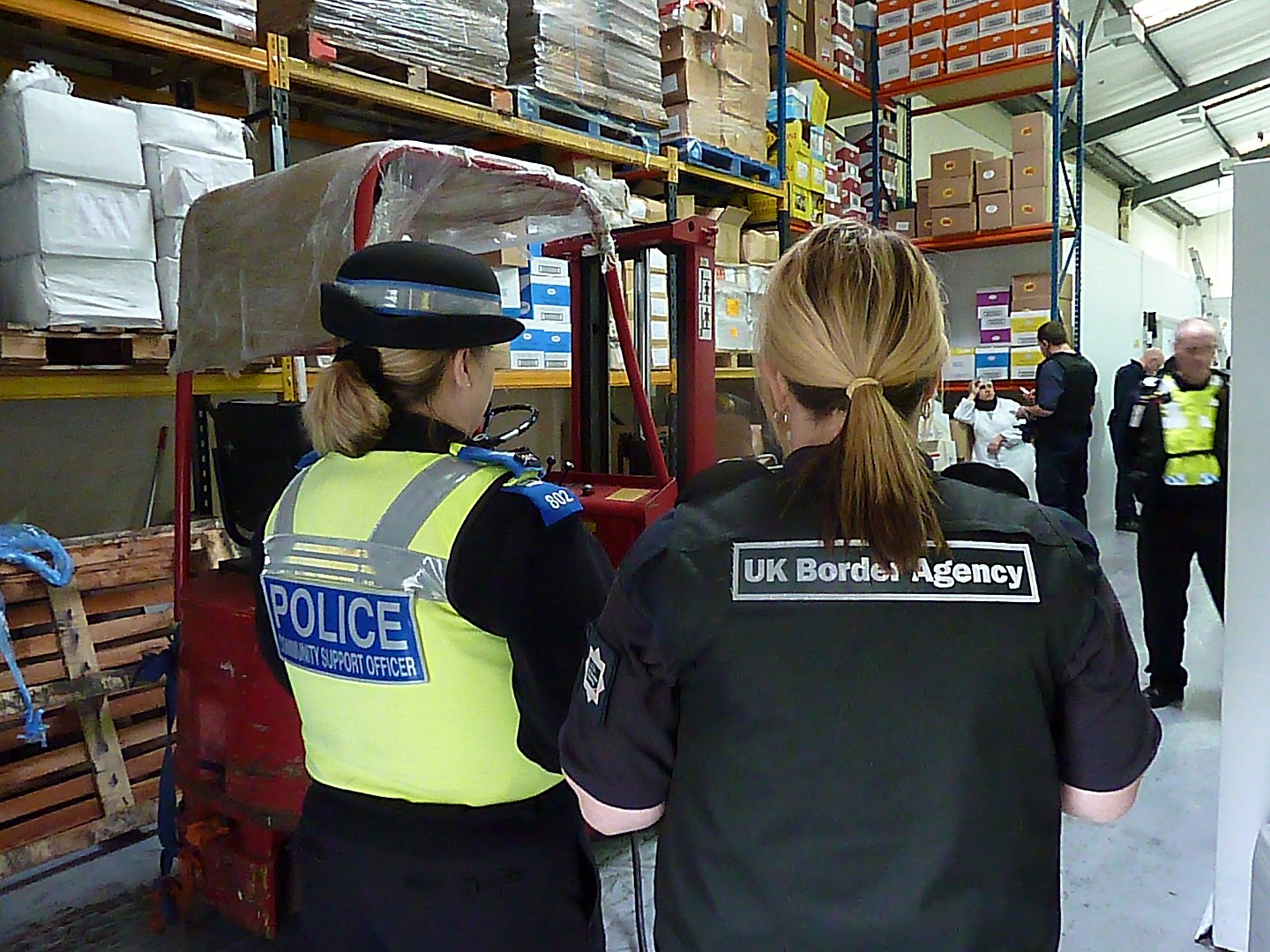The updated guidance, published on 16 April, outlines how traders must obtain a Goods Movement Reference (GMR) to complete their movements via GVMS. These changes apply specifically to movements covered by EIDR and affect businesses operating under the Trader Support Service (TSS), the Simplified Customs Declaration Process (SCDP), and the UK Internal Market Scheme (UKIMS).
Under the new rules, a valid GMR will only be issued if hauliers input the correct declaration reference numbers into the GVMS portal, depending on the scheme in use:
- TSS-EIDR: Hauliers must enter either the ‘TSS Declaration Reference’ or the ‘TSS GMR ID’.
- SCDP-EIDR: A Movement Reference Number (MRN) or Customs Handling of Import and Export Freight (CHIEF) entry reference is required.
- UKIMS-EIDR: The EORI number of the person making the declaration must be provided.
Additionally, if a Notification of Presentation (NOP) waiver has been granted, the haulier must still enter the relevant references in GVMS to obtain a GMR. For movements under the UK Carrier Scheme, the carrier must ensure the correct data is entered regardless of whether they or the trader made the customs declaration.
The updated process aims to streamline the movement of goods into Northern Ireland, ensuring better alignment with customs and regulatory requirements under the Northern Ireland Protocol.
HMRC has advised traders and hauliers to familiarise themselves with the updated guidance ahead of the May deadline to avoid delays or non-compliance at ports.











